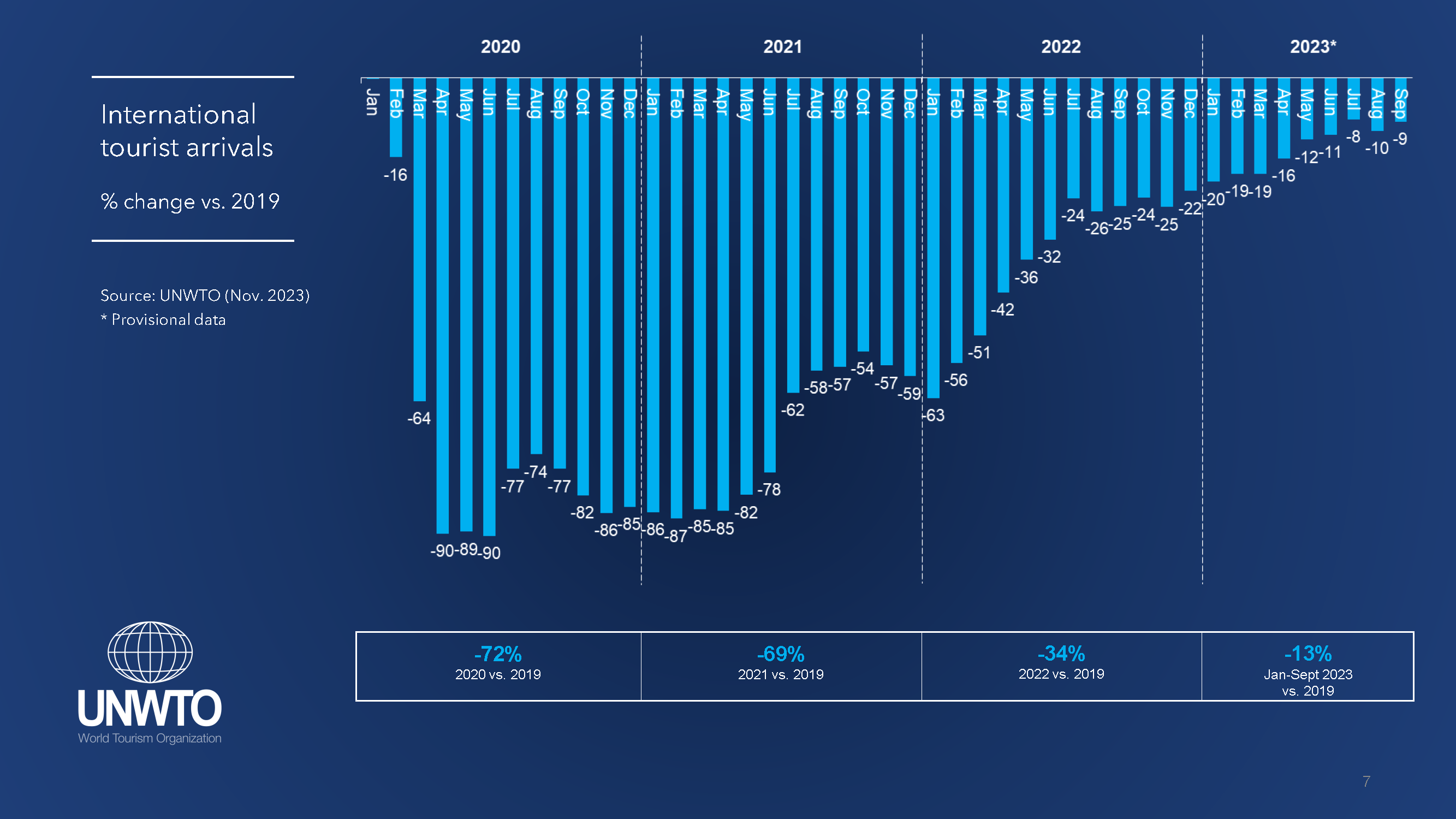With events and in-person connections back in focus, optimism abounds the meetings and events industry this 2023.
Adaptability will still be paramount as the industry navigates the continuing resurgence of business events, new ways of working, changing attitudes to travel and ongoing supply challenges.

The FCM India Meetings & Events team were busy in 2022 sending 150,000+ corporate customers around the world. According to FCM India’s Meetings & Trends Report, the top 10 destinations from India included Dubai, Abu Dhabi, Singapore, Thailand, Turkey, Australia, Baku, New Zealand, United Kingdom, Switzerland, and France.
Strong Demand Continues
The surge in bookings in 2023 continues to shape the sector. High demand is seen right across the industry, despite organisations facing changing attitudes to work-life boundaries and budgetary constraints.
“The global MICE market size, in terms of revenue, is expected to grow at a compound annual growth rate of 6.6 per cent from 2022 to 2030 to reach USD1,563.3 billion. FCM Meetings and Events India has achieved better performance than pre-COVID levels by more than 50%,” says Manpreet Bindra, President of FCM Meetings and Events.
Willingness to Travel, or Not
Indian travellers defy the international trend (a reluctance to fill their calendars with out-of-office commitments) by displaying a keen interest in travelling for events. However, one significant change has emerged in their approach – Indian travellers are now intentional about their travel choices and the impact it has on their overall wellbeing.
The era of red-eye flights and hectic dash-in-dash-out itineraries has come to an end. Instead, they seek more pampering, experiential activities, and theme-based events that make them feel more connected. Indian travellers now crave a holistic travel experience that includes group activities, adventurous pursuits, and a balance between relaxation and enrichment. They understand the importance of self-care and prioritise activities that contribute to their overall well-being.
Sustainability Takes a Starring Role
It’s clear companies increasingly consider sustainability a powerful mandate when planning meetings and events. This presents an opportunity for meeting and event organisations and planners to take the lead and assist their clients in developing action plans to minimise these environmental impacts of events.
Other simple changes can make an impact, such as adopting delegate apps and onsite technology to replace paper usage; collaborating with eco-conscious suppliers to reduce environmental impact; emphasising local and sustainable food and beverages; reducing and recycling waste; choosing venues committed to reducing carbon emissions; and partnering with local charities during larger events.
Wellbeing For All
In 2023, there is an increased focus on caring for the mental and physical well-being of employees – and that includes when they are attending meetings and events. This trend is shaping event planning, with a shift to designing more holistic gatherings at unique and different destinations.
Companies are also recognising the need to factor in more breaks during events, more wellness activities, less packed schedules, and more informal downtime that allows for genuine connection.

Embedding wellbeing into an event is also being seen as an important way to reward and retain employees in what remains a very tight labour market.
Rising Costs and Meeting Spend
The rapid surge back to in-person events has been a challenge for venues, hotels, airlines, and event planners. Travel constraints, capacity issues, labour shortages, supply chain issues and travel disruptions are all easing, but they are factors that are not expected to fully stabilise until 2024.
“Planners and venues are still seeing a trend to book at the last minute or with short lead times, and venue availability remains tight. All these factors mean that the cost of a meeting per attendee has increased, at a time when business budgets are tight, and employees are working at capacity,” says Bindra.
Virtual Fatigue is Real
Data from FCM Meetings & Events shows planning for hybrid and virtual events had dropped by 75 per cent by the end of 2022 compared to the previous year. Bindra says, “In 2023, Indian travellers are feeling more relaxed and confident about travelling. The removal of testing and quarantine conditions has contributed to this positive shift, and it’s having a ripple effect on the meetings and events sector. People are realising the true value of in-person interactions and are embracing them with enthusiasm.”
Technology Drives Experiences
The seismic shift in the way we all do business post-COVID has given rise to technology that is now a permanent part of the meetings and events world. Artificial intelligence, virtual reality, augmented reality, and live streaming have arrived, and they have the power to deliver multifaceted experiences to diverse audiences.
This accelerated uptake of tech is also enabling businesses and event planners to capture important data for in-depth analysis and reporting. Events in 2023 are now more costly, meaning companies want data that can show a return on their investment and that an event has delivered on its goals and objectives.
Read more: News


